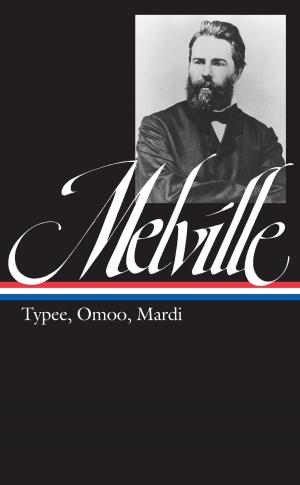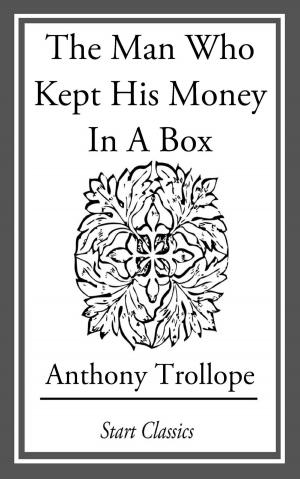The Vicomte de Bragelonne (The Three Musketeers, Volume III)
Volume 3 of 6
Fiction & Literature, Classics| Author: | Alexandre Dumas | ISBN: | 1230000017991 |
| Publisher: | MT Publishing | Publication: | September 16, 2012 |
| Imprint: | Language: | English |
| Author: | Alexandre Dumas |
| ISBN: | 1230000017991 |
| Publisher: | MT Publishing |
| Publication: | September 16, 2012 |
| Imprint: | |
| Language: | English |
It is now 1660, and although promised the captaincy of the musketeers at the close of Twenty Years After, D'Artagnan is still trailing his sword in the Louvre as a lowly lieutenant. Louis XIV is well past the age where he should rule, but the ailing Cardinal Mazarin refuses to relinquish the reins of power. Meanwhile, Charles II, a king without a country, travels Europe seeking aid from his fellow monarchs. Athos still resides at La Fère while his son, Raoul de Bragelonne, has entered into the service in the household of M. le Prince. As for Raoul, he has his eyes on an entirely different object than his father -- his childhood companion, Louise de la Vallière, with whom he is hopelessly in love. Porthos, now a baron, is off on some mysterious mission along with Aramis, who is now the Bishop of Vannes.
Book Excerpt
Towards the middle of the month of May, in the year 1660, at nine o'clock in the morning, when the sun, already high in the heavens, was fast absorbing the dew from the ramparts of the castle of Blois, a little cavalcade, composed of three men and two pages, re–entered the city by the bridge, without producing any other effect upon the passengers of the quay beyond a first movement of the hand to the head, as a salute, and a second movement of the tongue to express, in the purest French then spoken in France: "There is Monsieur returning from hunting." And that was all.
Whilst, however, the horses were climbing the steep acclivity which leads from the river to the castle, several shop–boys approached the last horse, from whose saddle–bow a number of birds were suspended by the beak.
On seeing this, the inquisitive youths manifested with rustic freedom their contempt for such paltry sport, and, after a dissertation among themselves upon the disadvantages of hawking, they returned to their occupations; one only of the curious party, a stout, stubby, cheerful lad, having demanded how it was that Monsieur, who, from his great revenues, had it in his power to amuse himself so much better, could be satisfied with such mean diversions.
It is now 1660, and although promised the captaincy of the musketeers at the close of Twenty Years After, D'Artagnan is still trailing his sword in the Louvre as a lowly lieutenant. Louis XIV is well past the age where he should rule, but the ailing Cardinal Mazarin refuses to relinquish the reins of power. Meanwhile, Charles II, a king without a country, travels Europe seeking aid from his fellow monarchs. Athos still resides at La Fère while his son, Raoul de Bragelonne, has entered into the service in the household of M. le Prince. As for Raoul, he has his eyes on an entirely different object than his father -- his childhood companion, Louise de la Vallière, with whom he is hopelessly in love. Porthos, now a baron, is off on some mysterious mission along with Aramis, who is now the Bishop of Vannes.
Book Excerpt
Towards the middle of the month of May, in the year 1660, at nine o'clock in the morning, when the sun, already high in the heavens, was fast absorbing the dew from the ramparts of the castle of Blois, a little cavalcade, composed of three men and two pages, re–entered the city by the bridge, without producing any other effect upon the passengers of the quay beyond a first movement of the hand to the head, as a salute, and a second movement of the tongue to express, in the purest French then spoken in France: "There is Monsieur returning from hunting." And that was all.
Whilst, however, the horses were climbing the steep acclivity which leads from the river to the castle, several shop–boys approached the last horse, from whose saddle–bow a number of birds were suspended by the beak.
On seeing this, the inquisitive youths manifested with rustic freedom their contempt for such paltry sport, and, after a dissertation among themselves upon the disadvantages of hawking, they returned to their occupations; one only of the curious party, a stout, stubby, cheerful lad, having demanded how it was that Monsieur, who, from his great revenues, had it in his power to amuse himself so much better, could be satisfied with such mean diversions.















